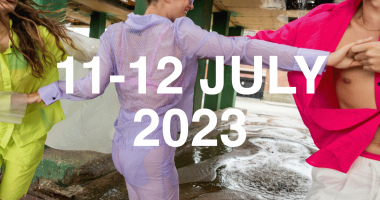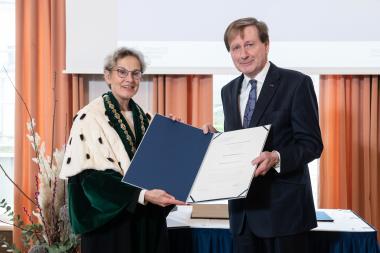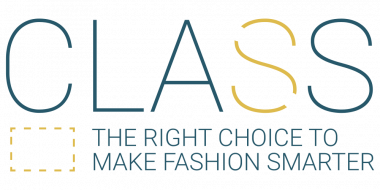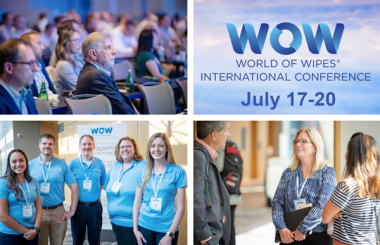PREMIUM and SEEK redefine "trade fairs" - FEEL CONNECTED AGAIN
With its new Trend and Event Platform, the Premium Group presents a new concept for a progressive community. According to Premium Group classic trade fair formats are over - this summer it's all about (re)connection, real emotions and new perspectives. The emphasis lies on the most relevant trends and the power of networking, but in a more personalised and intimate way.
PREMIUM and SEEK are focusing on a more rigorous curation of promising brands and collections as well as various opportunities to connect. An extensive content programme of keynotes, round tables, live interviews, study presentations and panels on the most important trends will offer two diverse and time-efficient days. The areas of concentration encompass sustainability, technology, fashion, business, lifestyle, and beauty. The repertoire of topics include marketing themes such as LinkedIn and Tik Tok, new tech tools such as ChatGPT or Virtual Dressing as well as news from the metaverse. Sustainability topics such as denim, circularity, re-commerce, vintage and the new Green Deal laws will be discussed as well as cross-industry topics such as female empowerment, Gen Z and modern leadership.
PREMIUM marks the first event of the season for womenswear. New silhouettes, design trends, provocation and the current zeitgeist are brought to the forefront with a carefully curated selection of brands. The fashion scene and visitors can look forward to the best of denim, hyper-femininity, beauty, well-being, future Berlin icons and innovations from the tech and lifestyle sphere. New talents will also have the opportunity to pitch their labels to a professional audience. SEEK focuses on heritage, Y2K, modern sportswear, outdoor and sustainable brands, which will be shown in the CONSCIOUS CLUB. Other highlights will include talks and inspiring activations from the community.
"We listen, research and curate the most important trends for the industry. To do this, our team of experts travels across Europe and exchange ideas with representatives from the entire industry. The results of months of work can be discovered in two days," says Maren Wiebus, Creative Director of the Premium Group.
Today, attention is the most important currency for the fashion industry. This is also why, for the very first time ever, the Premium Group events will take place over only two days instead of three. At the same time, generally accepted norms and rules are questioned, taken apart, and put back together again. The organisers of Premium Group invite fashion professionals to discuss the rules and redefine them together.
The summer editions of PREMIUM and SEEK will take place on 11 and 12 July at the new old location Station-Berlin in the heart of Berlin.
Premium Exhibitions GmbH

































